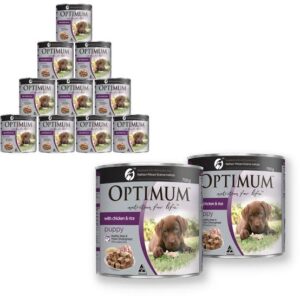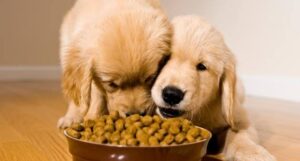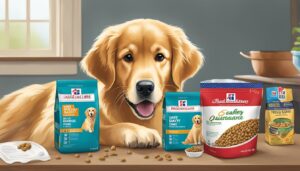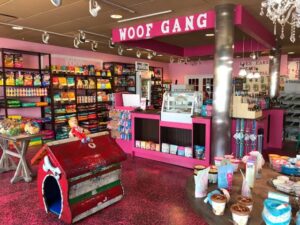Snickerdoodle Dogs
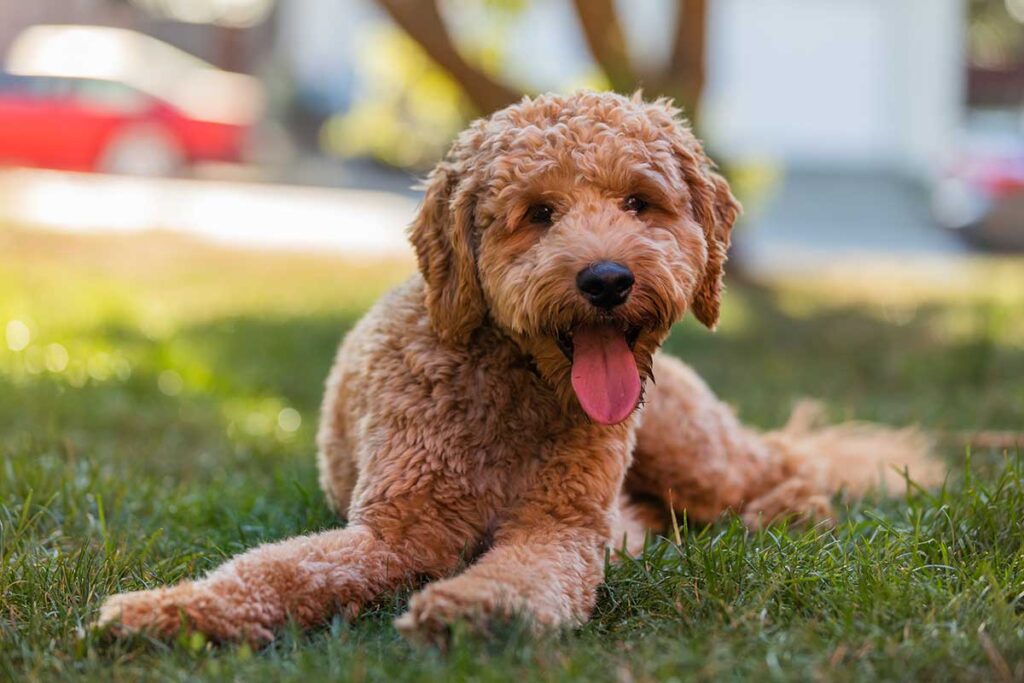
Snickerdoodle Dogs:- Let’s clear something up before we get too excited. While it would be amazing to have a dog breed named after a delicious cookie, the “Snickerdoodle” isn’t an official breed. It’s actually an endearing nickname for the Schnoodle, a mix between a Schnauzer and a Poodle. These delightful dogs inherit the best qualities from both parent breeds, making them smart, affectionate, and hard to resist. No wonder they’re becoming more popular!
The Snickerdoodle Dog has gained a lot of popularity thanks to its distinctive appearance, playful personality, and affectionate nature. Known for being loving, devoted, and gentle, this breed is a true companion.

With its unique look and cuddly behavior, Snickerdoodles are medium-sized dogs with a lush, shimmering coat. They inherit the Schnauzer’s textured fur combined with the Poodle’s curly locks, giving them a gorgeous, sun-catching coat. Read on to learn more about this charming breed!
Size and Weight:
Snickerdoodle dogs are known for their adorable appearance, with their size and weight largely influenced by their parent breeds. On average, they stand between 11-16 inches tall and weigh around 15-20 pounds.
Coat and Color:
The Snickerdoodle’s coat is soft, wavy, and shimmery, a beautiful trait they inherit from their Poodle and Schnauzer lineage. Their coat is hypoallergenic, making them a great choice for people with allergies. Snickerdoodles come in a variety of colors, including white, black, grey, brown, and silver. They shed less than other breeds and require minimal grooming. Their tail, which tapers to a point, is often compared to that of a raccoon.
Snickerdoodle Dog Diet
The diet for a Snickerdoodle is designed to meet the unique needs of this Poodle-Schnauzer mix. It should include high-quality dog food formulated for small to medium breeds. Adding lean meats, fish, healthy carbohydrates like rice, sweet vegetables, and beneficial fats can support their overall health. Including fruits and vegetables also helps provide essential vitamins and minerals. It’s important to consult a veterinarian to determine the specific nutritional requirements for your Snickerdoodle, considering factors such as age, weight, activity level, and any medical conditions. With the right nutrition, Snickerdoodles can thrive and live long, healthy lives.
Friendly
Snickerdoodle Dogs radiate friendliness in every step. With wagging tails and a natural enthusiasm for companionship, they’re quick to make friends—whether with humans or other animals. Their joyful energy means they’ll always be the first to greet you at the door, bringing the same warmth and happiness that a fresh batch of Snickerdoodle cookies brings to a cozy home.

Which Dog Breeds Are Often Called “Snickerdoodle Dogs”?
While “Snickerdoodle dog” isn’t an official breed recognized by major canine registries, it’s a playful nickname sometimes given to dogs with sweet personalities and fluffy, curly coats that might remind people of the beloved Snickerdoodle cookie. Though not a specific breed, this term could be used for dogs known for their friendly nature and charming looks. Here are a few breeds that fit the “Snickerdoodle dog” description:
– Labradoodle — A popular mix of Labrador Retriever and Poodle, this hybrid is known for its friendly, outgoing personality and hypoallergenic coat.
– Goldendoodle — A cross between a Golden Retriever and a Poodle, famous for its gentle nature and soft, curly fur.
– Cockapoo — A mix of Cocker Spaniel and Poodle, this breed is affectionate, playful, and has a fluffy coat perfect for cuddles.
– Cavapoo — A crossbreed of Cavalier King Charles Spaniel and Poodle, known for being affectionate, loyal, and responsive.
– Bernedoodle — A hybrid of Bernese Mountain Dog and Poodle, loved for its intelligence, goofy personality, and soft, curly coat.
These breeds are often chosen for their sociable, affectionate temperaments, and many of them have coats that make them ideal for homes with mild allergy concerns. The blend of sweetness and fluffiness makes them perfect candidates for the nickname “Snickerdoodle Dogs.”
Snickerdoodle Dog Behavior
“Snickerdoodle” dogs, known for their sweet personalities and fluffy coats, are also sensitive to their surroundings. They may display anxious behaviors if they feel overwhelmed or stressed, making it crucial for owners to provide a calm and secure environment where these dogs can feel safe.
One of their standout traits is their strong need for social interaction. These dogs thrive on human companionship and can become restless or even destructive if left alone for extended periods. With proper training and socialization, they can learn to channel their energy positively, making them wonderful family pets.
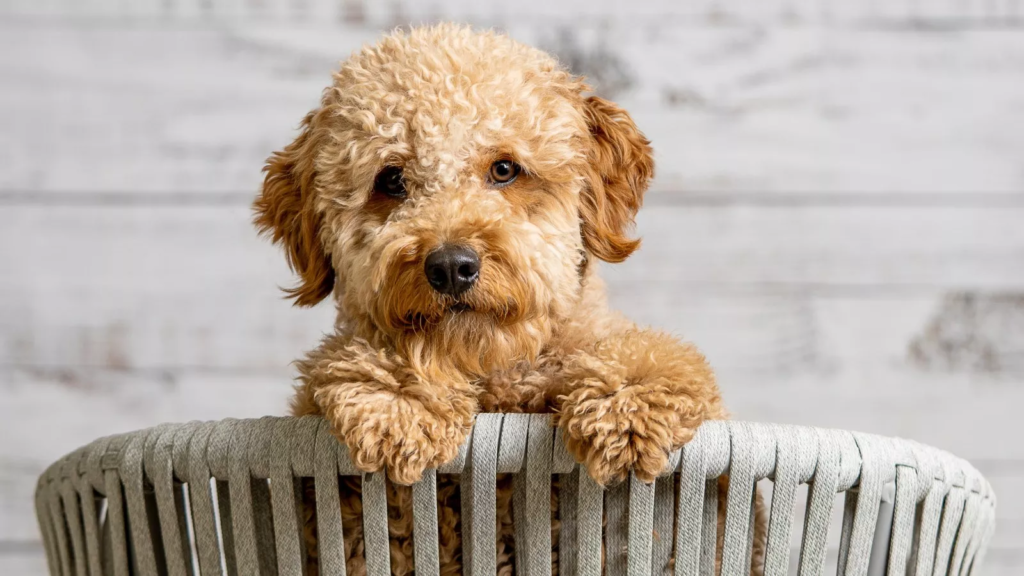
Additionally, these dogs are highly adaptable and quick learners. They adjust well to different environments and routines, especially when given consistent training and positive reinforcement. With the right approach, they can grow into well-rounded, obedient companions that are a joy to be around.
Health and Care
The Snickerdoodle dog, like many mixed breeds, benefits from hybrid vigor, which can sometimes reduce the risk of inherited health problems. However, it’s still essential to be mindful of potential health concerns inherited from both parent breeds. Ensuring regular vet check-ups, providing a balanced diet, and keeping them well-exercised are key to maintaining their overall health. Some health issues to be aware of include:
– Hip Dysplasia: This condition, common in medium to large breeds, affects the hip joints and may lead to arthritis as the dog ages.
– Eye Problems: Since both Poodles and Schnauzers are prone to certain eye conditions, regular eye exams are important to catch any early signs.
– Skin Sensitivities: Due to the variety in coat types, Snickerdoodles may develop skin sensitivities or allergies. Regular grooming and monitoring can help keep their skin healthy.
Grooming
Grooming needs for a Snickerdoodle depend largely on their coat type. Regular brushing is essential, especially if they inherit the Poodle’s curly coat, to prevent tangling and matting. Routine baths, ear cleaning, and nail trimming should also be part of their grooming schedule. Many owners find that professional grooming every few months helps keep their Snickerdoodle looking tidy and well-maintained.
Also Read:-
